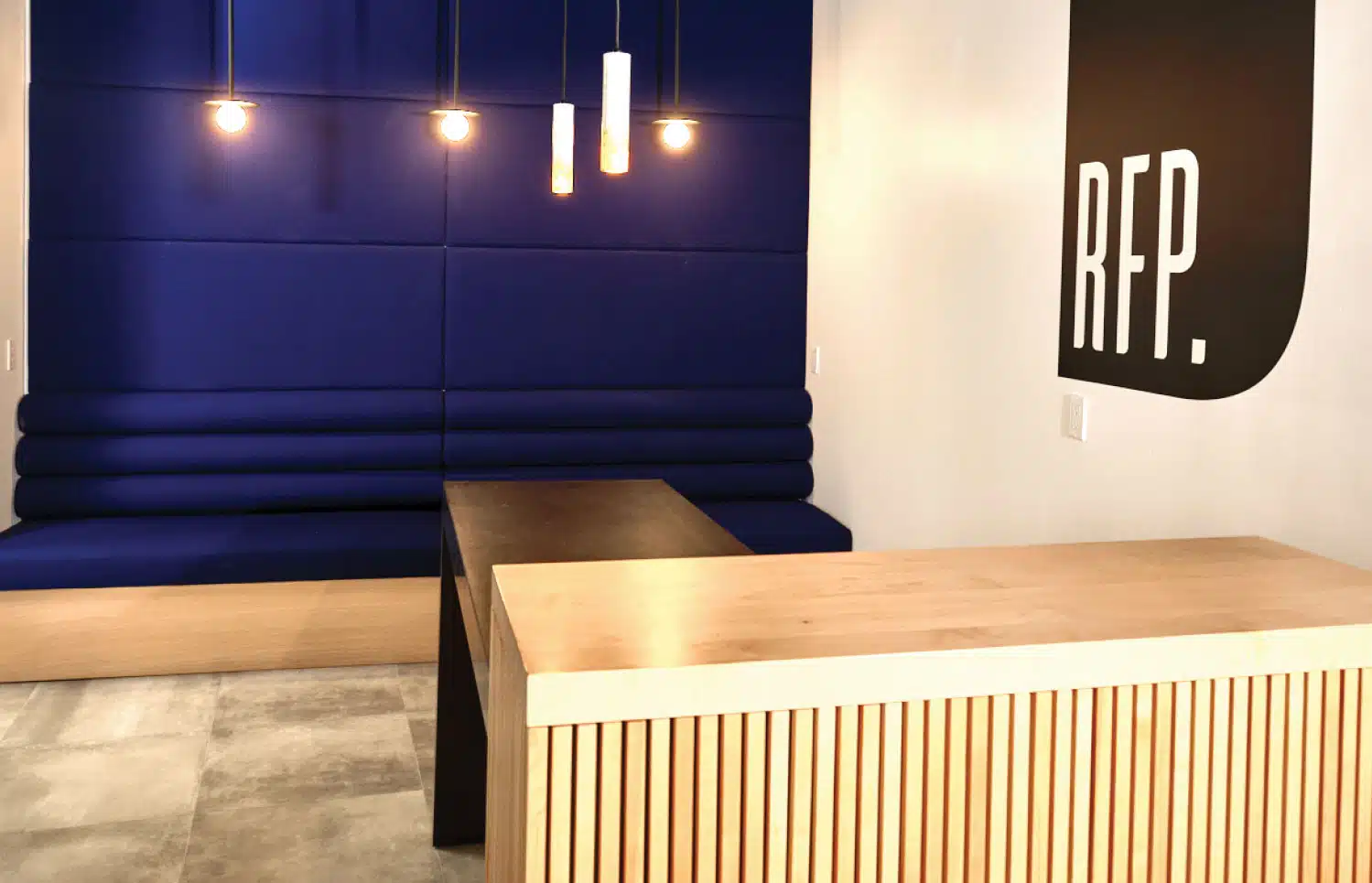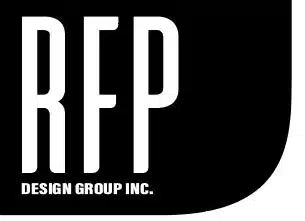Custom Display Cases
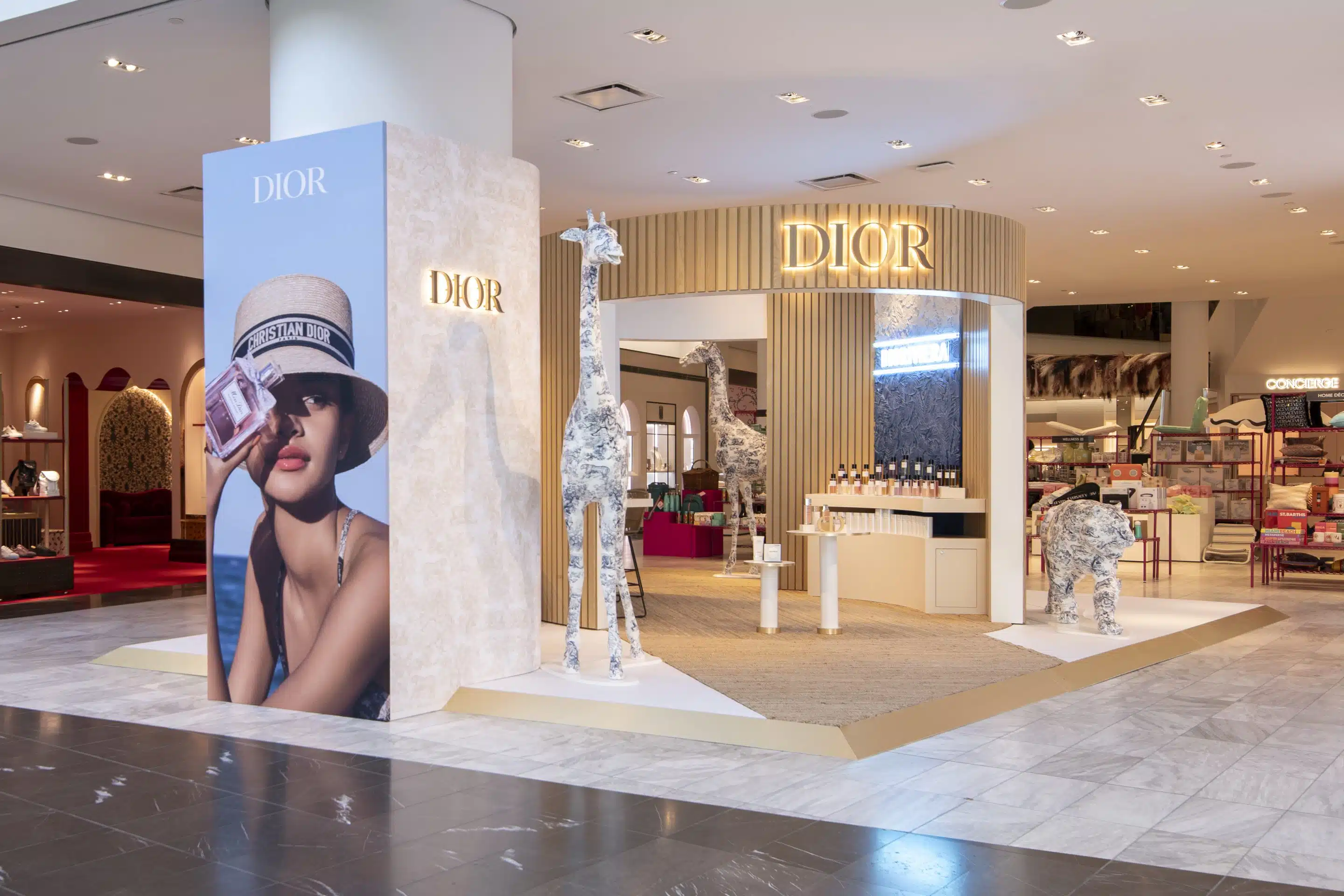
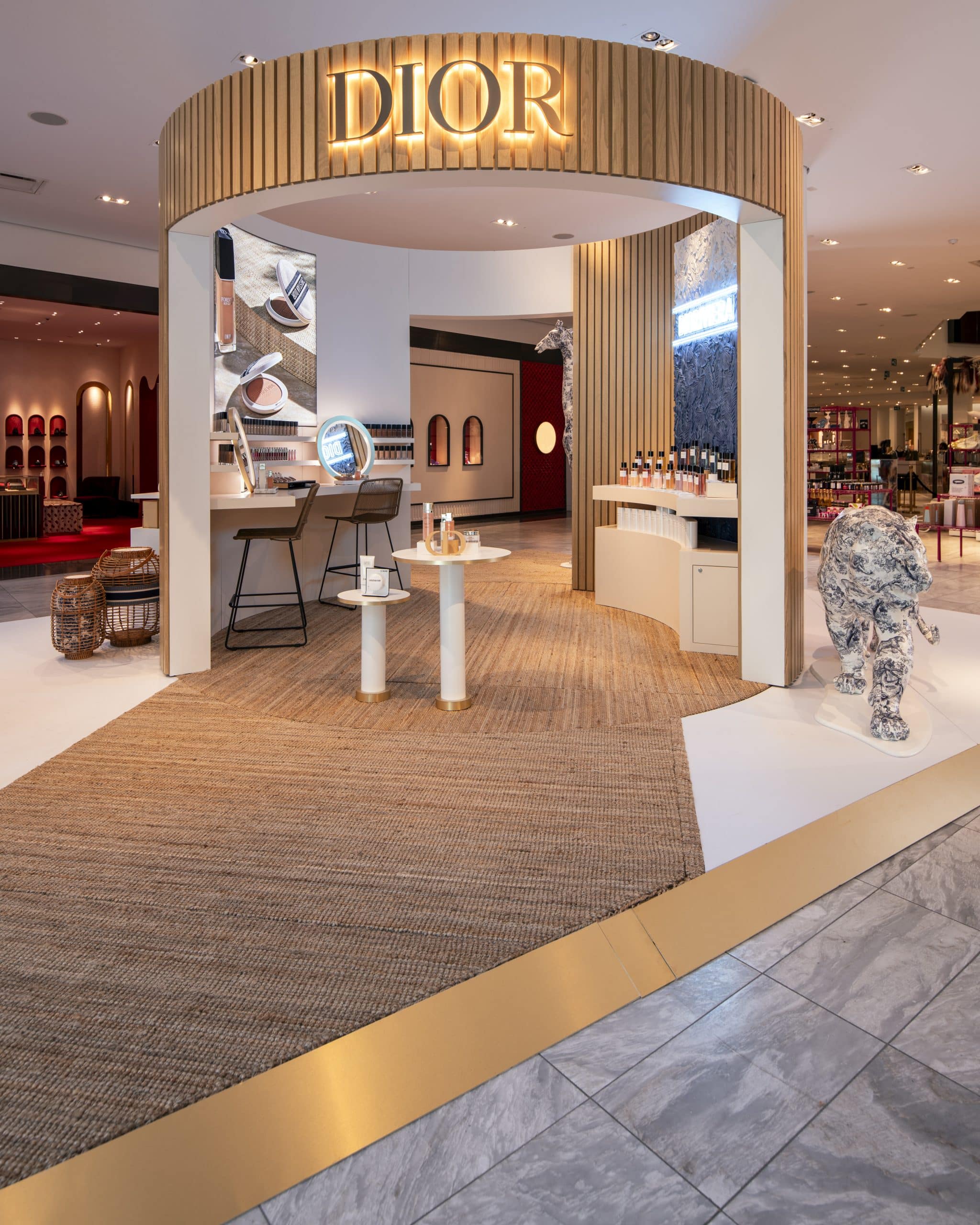
Glass Display Cases
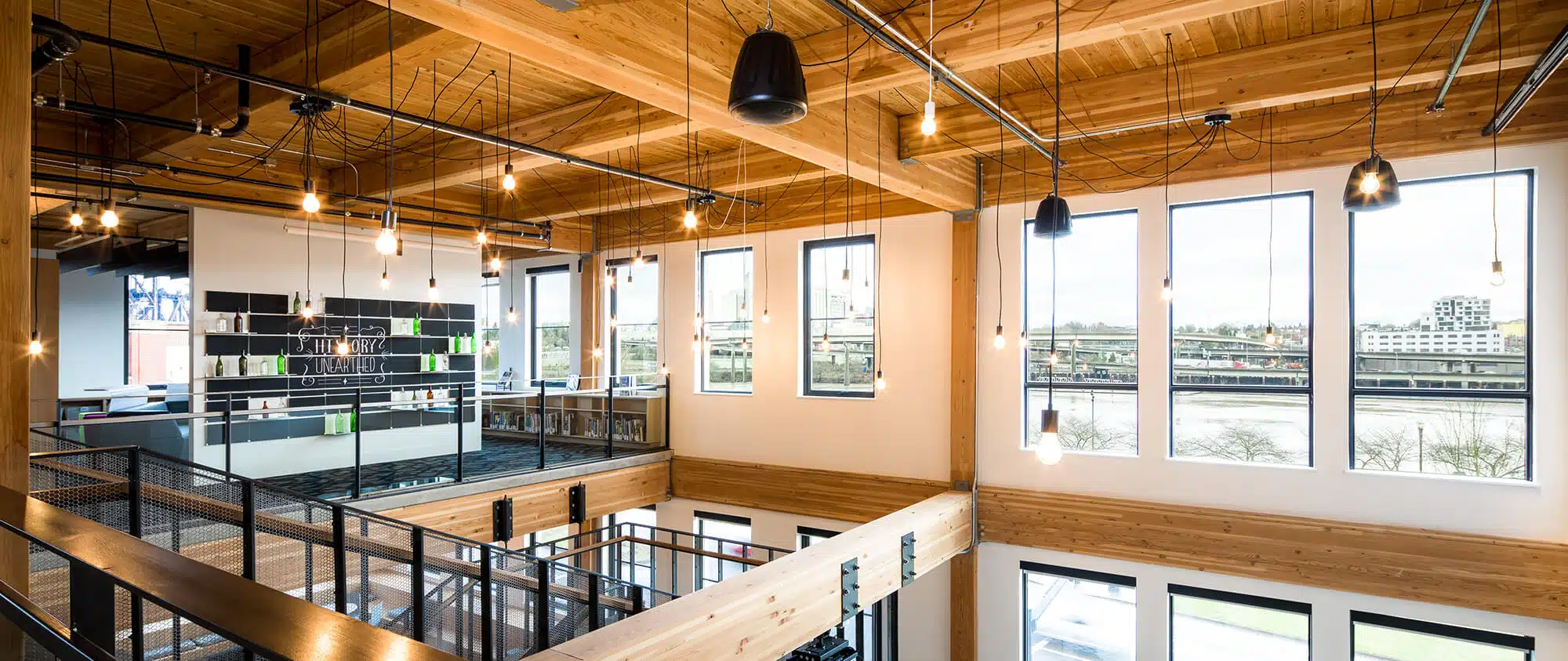
Art Gallery Displays
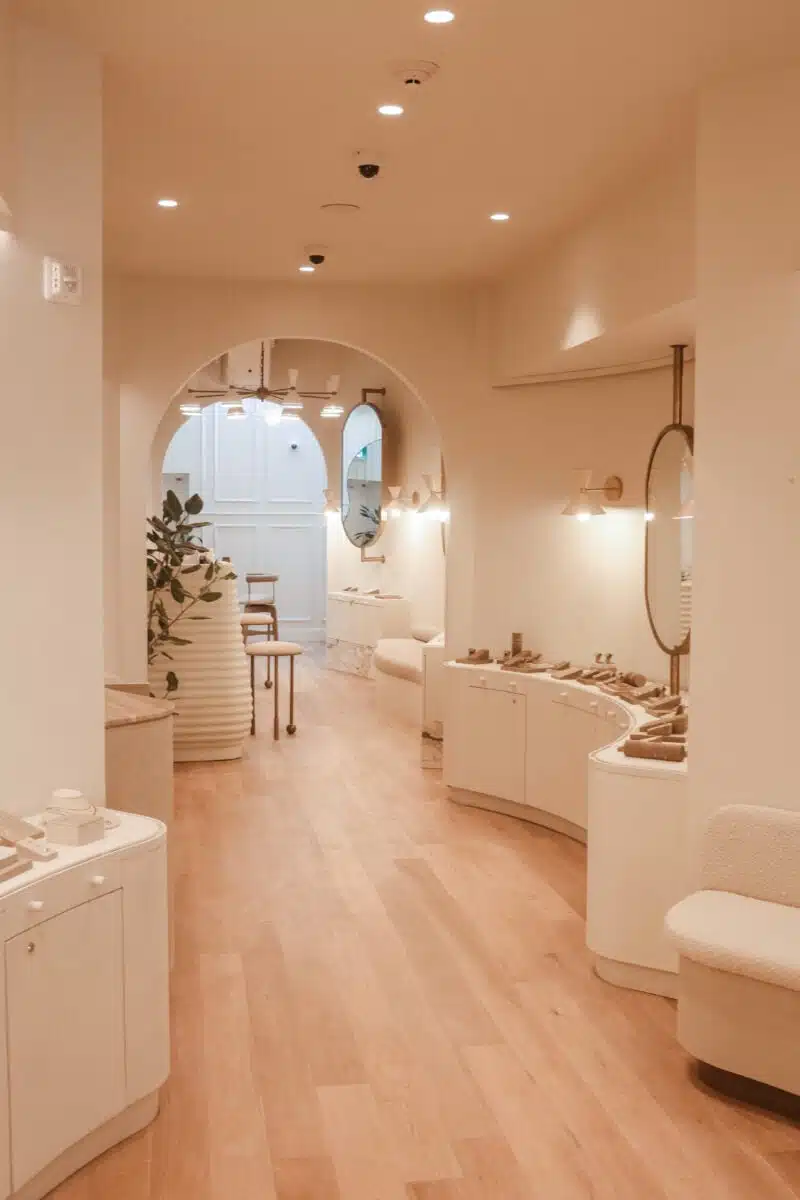
Custom Millwork

Traditional & Business Displays
What kind of material is used for the custom display cases?
The material used for custom display cases can vary based on the specific requirements, design preferences, and the intended use of the display case. Here are some common materials used for crafting custom display cases:
-
Glass: High-quality tempered glass is a popular choice for the panels of display cases. It provides clarity, visibility, and protection for showcased items. Various types of glass, such as clear, tinted, or frosted, can be used depending on the desired aesthetic.
-
Metal: Metal framing and structural components are often used to provide stability and support to display cases. Aluminum, steel, or other alloys are chosen for their strength and durability.
-
Wood: Custom millwork, often made from wood, is used to create the framework, shelves, and other decorative elements of display cases. Wood can be stained or finished to match the overall aesthetic of the surrounding environment.
-
Acrylic: Acrylic or plexiglass is sometimes used as an alternative to glass, especially when a lighter and more impact-resistant material is preferred. Acrylic can also be molded into various shapes for unique display designs.
-
Plastic: Some display cases may incorporate plastic components, particularly for non-structural elements or decorative features. Plastic materials are lightweight and come in various colors and finishes.
-
Lighting Elements: LED lights or other lighting fixtures may be integrated into the display cases. These can be made from materials such as aluminum or other metals to provide a durable and heat-resistant housing for the lighting.
-
Hardware: Various types of hardware, such as locks, hinges, and handles, are typically made from metal for durability and security.
The choice of materials depends on factors such as the intended use of the display case, the items being showcased, aesthetic preferences, and budget considerations. High-quality custom display cases often use a combination of these materials to achieve the desired functionality, durability, and visual appeal.
What are the benefits of a custom display case?
Investing in custom display cases offers a range of benefits that contribute to an enhanced presentation of items and a positive overall experience. Here are several advantages of opting for custom display cases:
-
Tailored Aesthetic: Custom display cases can be designed to align perfectly with the aesthetic and branding of the environment they’re placed in. This ensures a cohesive and harmonious look that enhances the overall ambiance.
-
Unique Design: Tailoring display cases allows for unique and innovative designs that can be crafted to showcase specific items or collections in a distinctive and memorable way, setting your displays apart from standard options.
-
Optimized Functionality: Customization allows for precise tailoring of the display case to meet the specific needs of the items being showcased. This includes considerations such as adjustable shelving, lighting options, and security features.
-
Brand Reinforcement: Incorporating brand elements into the design reinforces the brand identity, creating a consistent and recognizable image that resonates with customers and visitors.
-
Flexible Sizing: Custom display cases can be manufactured to fit the available space perfectly. This ensures that the display not only optimizes the use of the area but also prevents overcrowding or underutilization.
-
Material Selection: The ability to choose materials allows for a combination of durability, aesthetics, and functionality. This includes options such as high-quality glass, metals, and custom millwork that align with the desired look and feel.
-
Enhanced Security: Custom features, such as specialized locking mechanisms or built-in alarms, can be integrated into the design to enhance the security of valuable items on display.
-
Adaptability to Change: Custom display cases can be designed with adaptability in mind, allowing for easy modifications as product lines change, or as the need for a different presentation arises.
-
Increased Visibility: The use of high-quality materials, strategic lighting, and a thoughtful design can significantly enhance the visibility of showcased items, attracting more attention from customers and visitors.
-
Memorable Customer Experience: A well-designed custom display case contributes to an engaging and memorable customer experience, leaving a lasting impression and potentially encouraging repeat visits.
-
Showcasing Fragile or Unique Items: Custom display cases can be specifically designed to provide the necessary support and protection for fragile, valuable, or one-of-a-kind items, ensuring their safe and attractive presentation.
In summary, custom display cases offer a range of benefits, from providing a visually appealing and cohesive presentation to optimizing functionality and security. The flexibility and creativity inherent in customization allow businesses to create a unique and tailored showcase for their products or collections
How do you decide on what custom display case to get?
Choosing the right custom display case involves a thoughtful consideration of various factors to ensure that it meets your specific needs and complements the overall aesthetic of your space. Here’s a guide on how to decide on the most suitable custom display case:
-
Define Your Purpose:
- Clearly identify the purpose of the display case. Are you showcasing merchandise, artifacts, collectibles, or valuable items? Understanding the intended use will help determine the necessary features.
-
Consider the Items to Be Displayed:
- Take into account the size, shape, and nature of the items you plan to showcase. Different items may require specific features such as adjustable shelving, secure locking mechanisms, or specialized lighting.
-
Determine Placement and Space:
- Assess the available space where the display case will be situated. Measure the dimensions and consider the layout of the area to ensure that the custom display case fits seamlessly and optimizes the use of the space.
-
Think About Visibility and Lighting:
- Consider the visibility of the items and how lighting can enhance their presentation. Discuss lighting options with the display case provider and ensure that it complements the overall ambiance of your space.
-
Customization Options:
- Explore customization options that align with your brand and aesthetic preferences. This may include choosing materials, finishes, and incorporating brand elements to create a cohesive look.
-
Budget Considerations:
- Establish a budget for the custom display case. Customization can vary in cost, so having a clear budget will help narrow down options and prevent overspending.
-
Security Features:
- If displaying valuable or fragile items, consider the level of security needed. Explore features such as locking mechanisms, alarms, or reinforced glass to protect your items from theft or damage.
-
Maintenance Requirements:
- Inquire about the maintenance needs of the custom display case. Consider factors such as ease of cleaning, durability of materials, and any specific care instructions to ensure the longevity of the display.
-
Brand Image and Consistency:
- Ensure that the design of the custom display case aligns with your brand image. Consistency in branding elements contributes to a unified and professional appearance.
-
Consult with Experts:
- Seek advice from display case experts or suppliers. They can provide insights, suggest appropriate features, and help you make informed decisions based on their expertise.
-
Review Samples and Portfolios:
- Ask for samples or review portfolios of previous custom display case projects from the supplier. This allows you to assess the quality of craftsmanship and see examples of their customization capabilities.
-
Check Local Regulations:
- Be aware of any local regulations or building codes that may impact the installation of custom display cases, especially if modifications to the physical structure are necessary.
By carefully considering these factors and consulting with professionals, you can make an informed decision on the custom display case that best suits your specific requirements and enhances the presentation of your items.
How do you maintain the custom display cases?
Maintaining custom display cases is crucial to preserve their aesthetic appeal, functionality, and to ensure that the showcased items remain in optimal condition. Here are some general guidelines for maintaining custom display cases:
-
Regular Cleaning:
- Dust and clean the display case regularly using a soft, non-abrasive cloth. Avoid abrasive materials that may scratch the glass or other surfaces.
-
Glass Cleaning:
- Use a glass cleaner specifically formulated for display cases to maintain crystal-clear visibility. Clean both the inside and outside of the glass panels to ensure a pristine showcase.
-
Avoid Harsh Chemicals:
- Avoid using harsh or abrasive cleaning chemicals that can damage the materials, finishes, or contribute to discoloration. Stick to cleaning solutions recommended by the display case manufacturer.
-
Check Lighting:
- Regularly inspect and test any lighting fixtures integrated into the display case. Replace any burnt-out bulbs promptly to maintain consistent and optimal visibility.
-
Inspect Locks and Hardware:
- Periodically check the functionality of locks, hinges, and other hardware components. Lubricate moving parts if necessary to ensure smooth operation.
-
Monitor Environmental Conditions:
- Be mindful of the environmental conditions surrounding the display case. Avoid placing it in direct sunlight or areas with extreme temperature fluctuations, as these factors can affect the integrity of materials and items on display.
-
Address Wear and Tear:
- Promptly address any signs of wear and tear, such as scratches, dents, or chipped paint. Repair or touch up these areas to maintain the overall appearance of the display case.
-
Adjust Shelving as Needed:
- If the display case features adjustable shelving, periodically assess the arrangement based on the items being showcased. Ensure that shelves are stable and secure.
-
Professional Maintenance:
- Consider scheduling professional maintenance services from the display case provider. Professional technicians can inspect and address any issues, ensuring the longevity and optimal performance of the display case.
-
Security Measures:
- If the display case includes security features, such as alarms or locking mechanisms, regularly test and ensure their proper functioning. Make any necessary adjustments or repairs promptly.
-
Documentation and Records:
- Keep documentation and records related to the display case, including care instructions, warranty information, and any recommendations provided by the manufacturer.
-
Employee Training:
- Train staff responsible for maintaining the display cases on proper cleaning and maintenance procedures. Ensure they are aware of any specific care instructions or precautions.
Regular and proactive maintenance is essential to prolong the lifespan of custom display cases and create an optimal showcase environment for your items. Following manufacturer recommendations and addressing issues promptly will help preserve the aesthetic and functional qualities of the display cases.
Setup a Consultation to discuss Custom Display Cases
